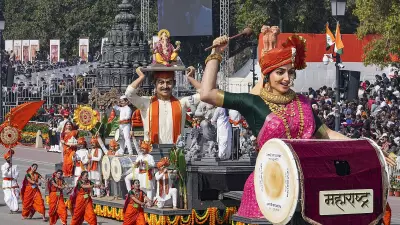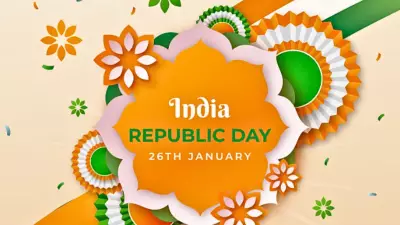
In a landmark judgment that could redefine how Indian courts view modern relationships formed through digital platforms, the Karnataka High Court has delivered a significant verdict quashing a rape case filed by a woman against a man she met on a popular dating application.
The Case That Set a Precedent
The legal drama unfolded when a woman filed rape charges against a man following their relationship that began on a dating app. However, Justice M Nagaprasanna, presiding over the case, observed that the relationship appeared to be "born of mutual volition" between two consenting adults.
Court's Groundbreaking Observations
The High Court made several crucial observations that formed the basis of their decision:
- The relationship developed through continuous communication on the dating platform
- Both parties were consenting adults aware of their actions
- Multiple meetings occurred between the individuals over time
- The circumstances indicated a consensual relationship rather than coercion
Understanding 'Mutual Volition' in Modern Dating
The court emphasized the concept of "mutual volition" - meaning both parties willingly and knowingly entered into the relationship without any external pressure or deception. This principle becomes particularly relevant in the context of dating apps, where individuals consciously choose to connect with potential partners.
Broader Implications for Digital Dating
This judgment arrives at a crucial time when India witnesses exponential growth in dating app usage. The ruling potentially sets important guidelines for:
- Legal Framework: How courts should approach cases arising from dating app relationships
- User Responsibility: The importance of mutual consent in digital relationships
- Platform Accountability: The evolving role of dating apps in ensuring user safety
Protecting Genuine Victims While Preventing Misuse
While delivering justice in this particular case, the court also acknowledged the importance of protecting genuine victims of sexual crimes. The judgment carefully distinguishes between consensual relationships and actual cases of sexual assault, ensuring that legitimate victims continue to receive legal protection.
The court's decision underscores that while the law must protect victims of sexual crimes, it should also prevent the potential misuse of legal provisions in consensual adult relationships.
What This Means for Dating App Users
This ruling serves as an important reminder for dating app users about the significance of clear communication, mutual consent, and understanding the legal implications of their relationships. It emphasizes that adults engaging in relationships through digital platforms must take responsibility for their conscious choices.
The Karnataka High Court's verdict marks a significant step in adapting Indian jurisprudence to the realities of modern, digital-era relationships while maintaining the delicate balance between preventing genuine crimes and acknowledging adult consent.





